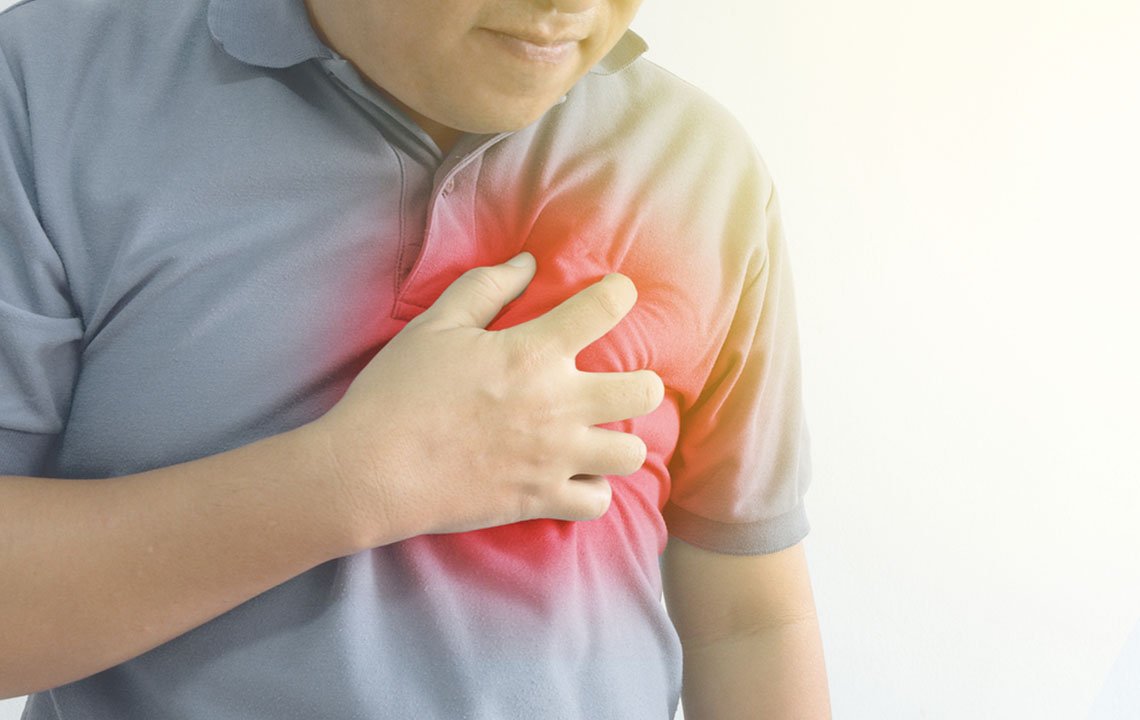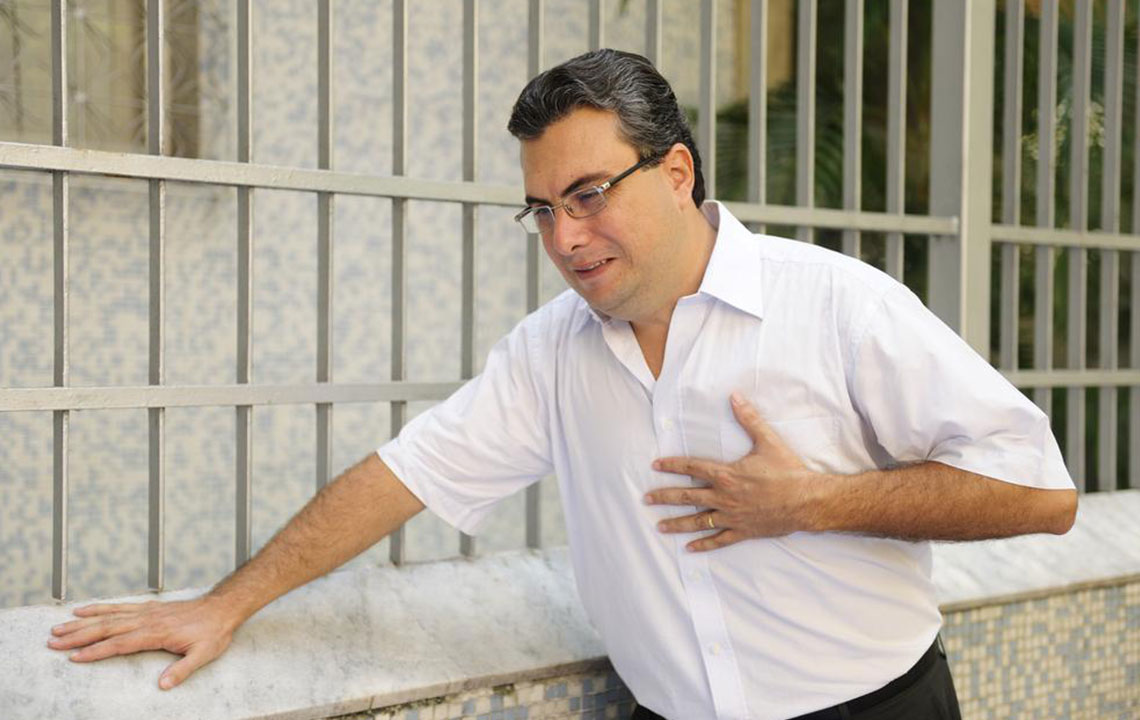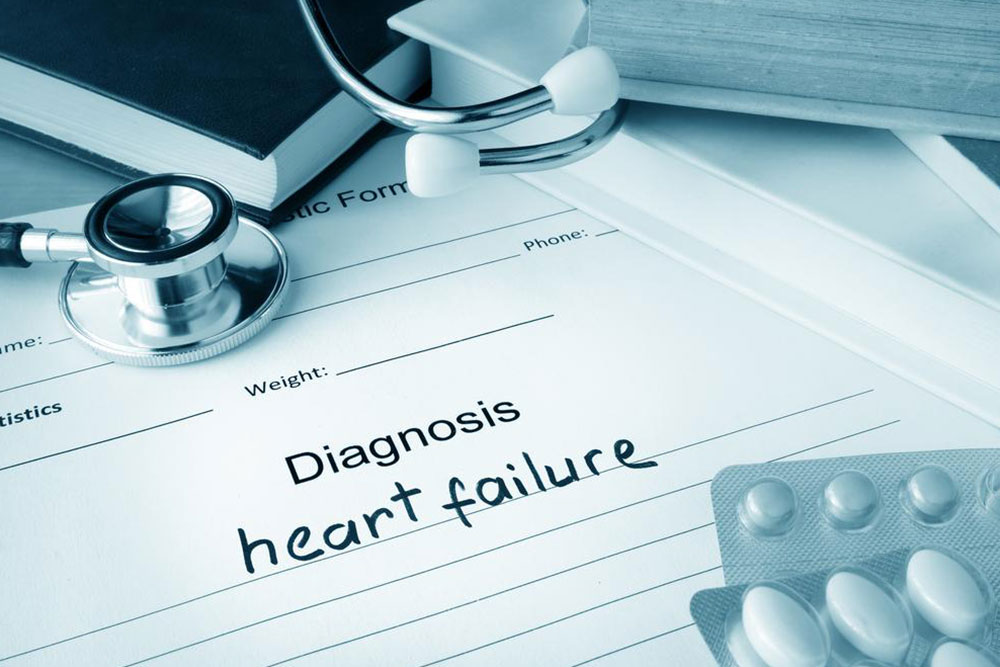Understanding Heart Failure: Signs, Causes, Tests, and Treatment Options
Heart failure affects millions and is a leading cause for hospitalizations among seniors. Recognizing symptoms like shortness of breath, fatigue, and swelling helps in early detection. Different types include left-sided, right-sided, and high-output failure, each with specific causes and treatments. Diagnosis involves various tests, and management may include medications, surgeries, and lifestyle changes. Prompt medical attention and lifestyle adjustments are key to improving quality of life and managing the condition effectively.

Understanding Heart Failure: Signs, Causes, Tests, and Treatment Options
Heart failure, also known as cardiac failure, impacts over six million individuals and is a primary reason for hospital stays among adults over 65. It is a long-term condition where the heart struggles to pump blood effectively, leading to insufficient oxygen and nutrients reaching vital organs. Consequently, fluid builds up in areas like the lungs, legs, and abdomen.
Key Symptoms of Heart Failure: Symptoms vary; some develop gradually while others appear suddenly. Common signs include:
Shortness of breath
Difficulty breathing at night
Chest discomfort
Irregular or rapid heartbeat
Extreme fatigue
Swelling in legs and ankles
Reduced physical activity
Wheezing
Nausea and loss of appetite
Persistent cough
Abdominal bloating
Types of Heart Failure: The condition varies based on the affected heart area.
Left-sided Heart Failure: The most common form, occurs when the left ventricle can't pump blood efficiently, causing fluid buildup in lungs.
Right-sided Heart Failure: Typically develops after left-sided failure, leading to swelling in limbs and abdomen due to increased pressure from compromised blood flow.
High-output Heart Failure: Rare form where the heart pumps insufficient blood despite normal function, often progressing over time.
Diagnosis Procedures: Healthcare providers assess symptoms, medical history, and may order tests such as:
Blood tests
Cardiac catheterization
Chest X-ray
Echocardiography
Cardiac MRI
CT scan
ECG/EKG
Stress testing
Genetic screening
Managing Heart Failure: Treatment depends on the underlying cause. Initial therapy often involves medications to relax blood vessels, lower blood pressure, and enhance heart efficiency. Hospitalization may be needed during symptom flare-ups for oxygen therapy and symptom relief.
Surgical options include:
Coronary Bypass Surgery: To improve blood flow in clogged arteries.
Valve Repair or Replacement: Restores proper valve function.
Implantable Devices: Such as defibrillators or pacemakers.
Cardiac Resynchronization Therapy: Synchronizes heart chamber activity.
Ventricular Assist Devices: Mechanical pumps for severe cases.
Heart Transplant: In end-stage failure, replacing the heart from a donor.
Healthy Lifestyle Practices: To support treatment, patients should adopt lifestyle changes like eating a balanced diet, incorporating light exercise, managing stress, getting adequate sleep, avoiding infections, and following medical advice diligently.
Disclaimer: The information provided is for educational purposes only. It is essential to consult healthcare professionals for diagnosis and treatment decisions. Do not rely solely on this content for medical advice.










